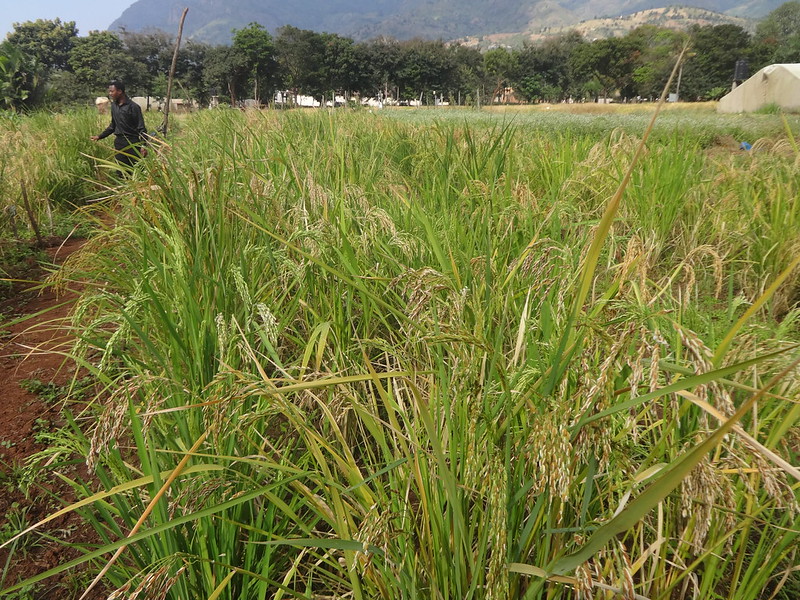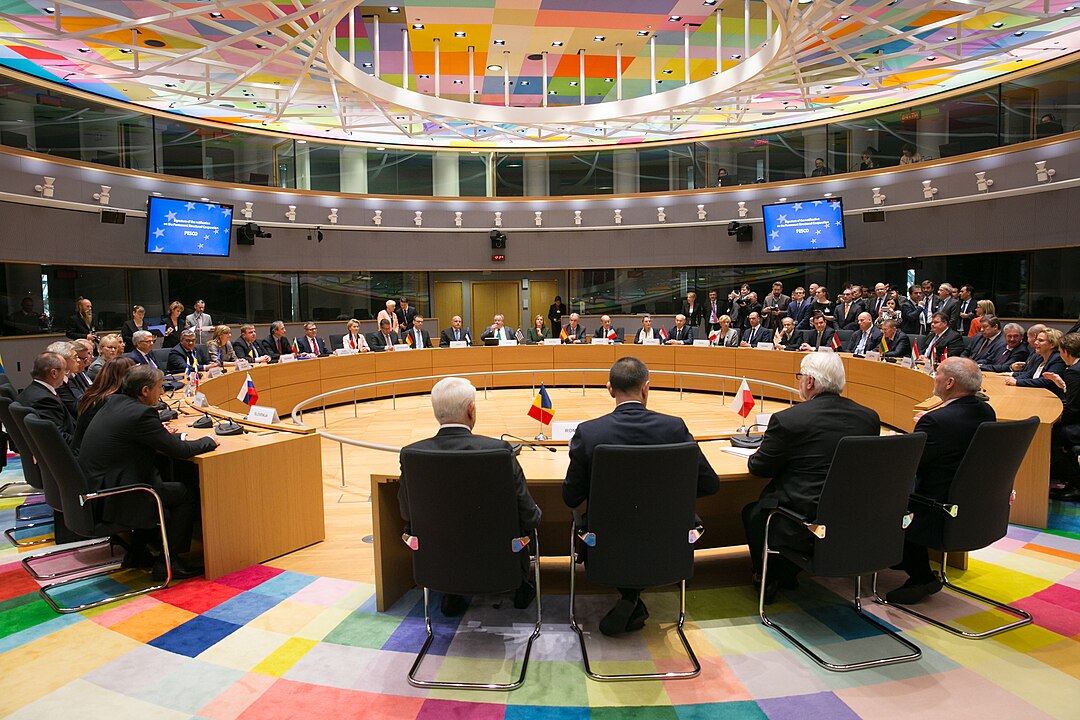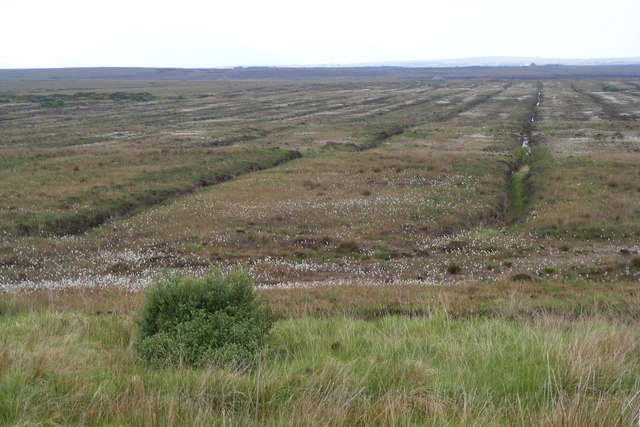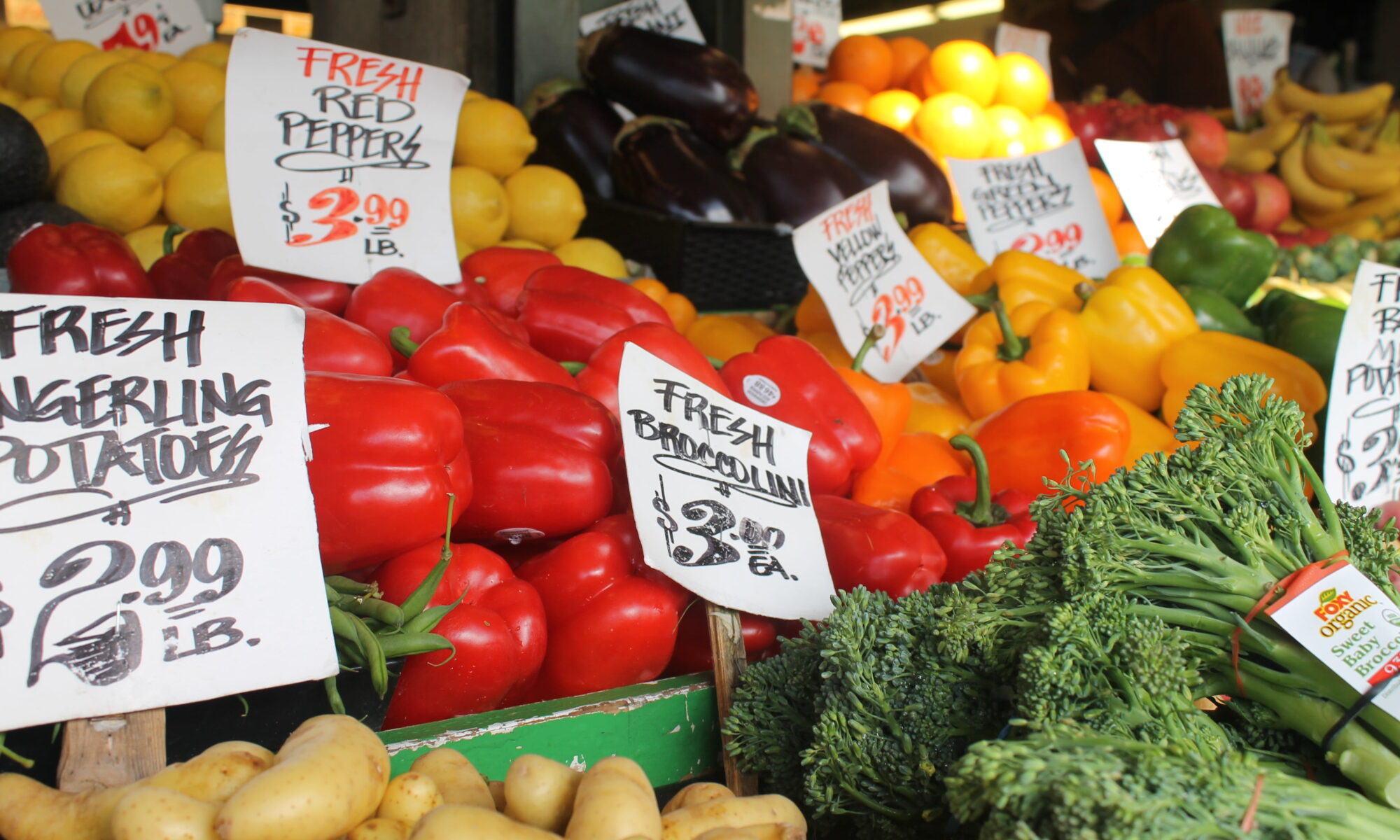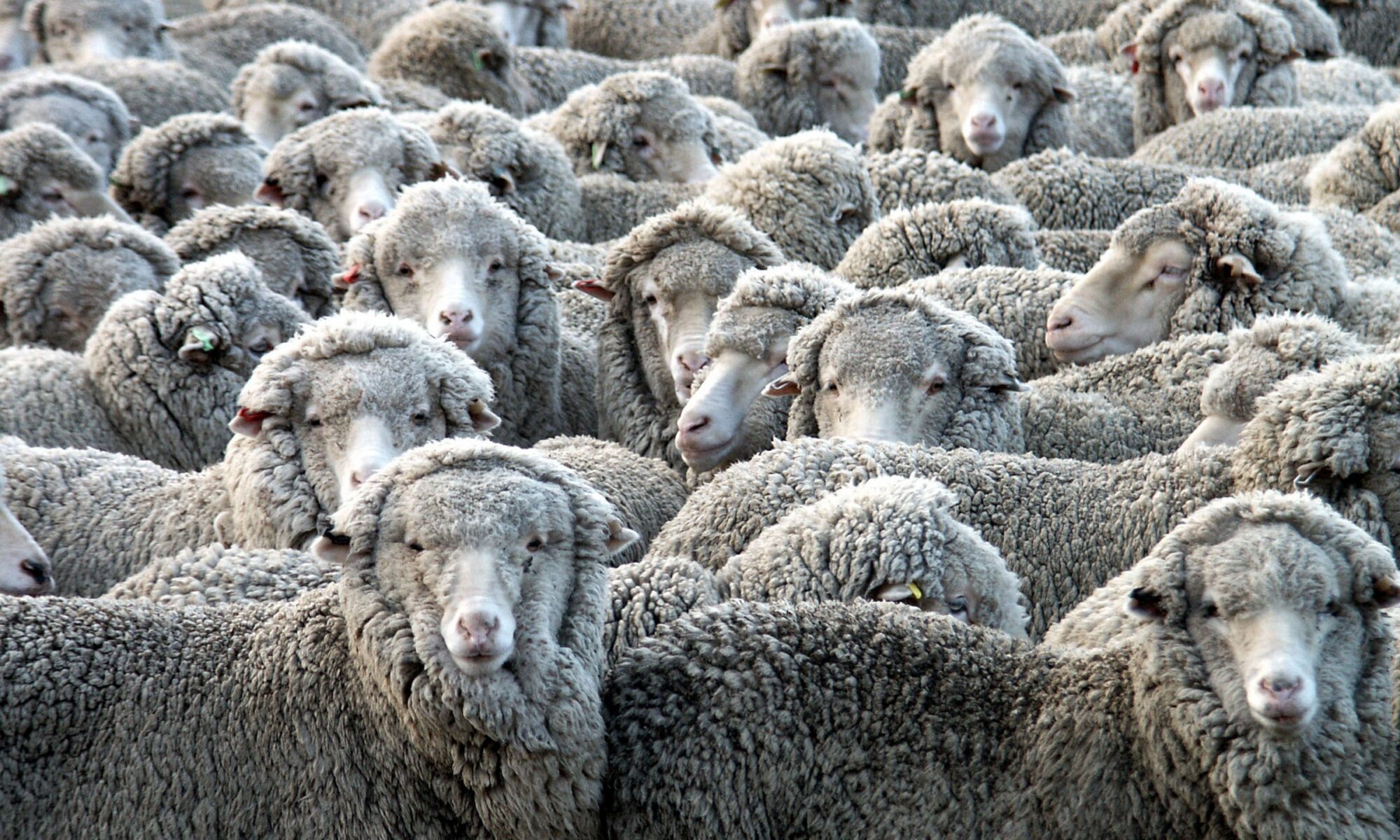The newly established European Scientific Advisory Board on Climate Change (ESABCC) first made its mark when delivering its advice to the Commission in July 2023 on setting the EU’s 2040 mitigation target. It recommended emission reductions of 90–95% by 2040 relative to 1990. The Commission Communication proposing its climate target will be published on 6 February 2024. It is expected to propose a reduction target in net emissions of at least 90% in line with the recommendation of the Advisory Board. This is the target to which the new Climate Commissioner Wopke Hoekstra committed in his appointment hearing before the Parliament’s Environment Committee in October last year.… Read the rest
European Parliament polling reaches tipping point for right-of-centre majority
Latest polling results from the three institutions that provide regular updates on seat projections for the European Parliament elections in June 2024 now point for the first time to the possibility that the three right-of-centre political groups – the EPP, ID and ECR – may have a majority of seats on their own in the next Parliament.
My previous synthesis of the seat projections in May 2023 (see my blog post here) showed that the left-of-centre groups – S&D, Greens and the Left – together with Renew were still slightly ahead of the right-of-centre groups though they would have required support from the independent MEPs – the so-called Non-Inscrits – to create an overall majority.… Read the rest
Contrasting recent decisions on pesticides
During the past week, I was intrigued by a post on the social media platform X from Pascal Canfin, Chair of the Committee on Environment, Public Health and Food Safety in the European Parliament which in translation read: “We have just rejected in Parliament a proposal from the Commission which would have allowed the importation of foodstuffs produced with a pesticide banned in Europe, tricyclazole. This would have been unfair competition that was unacceptable for our farmers. I welcome it.”
Trilogues begin on the Certification Framework for Carbon Removals Regulation
The Commission put forward its legislative proposal for a Certification Framework for Carbon Removals (CFCR) in November 2022. The Regulation has the two broad objectives to define quality criteria for carbon removal activities to ensure only high-quality removals are certified, and to define rules for the verification and certification of carbon removals, including rules for the functioning and recognition by the Commission of certification schemes. The main innovation in the Regulation is that it defines Certified Removal Units (CRUs) that can be used in national or corporate GHG inventories or exchanged through voluntary carbon markets.
In a previous post last September, I discussed the amendments to the Commission’s proposal being discussed by the Council and European Parliament at that time.… Read the rest
Europe’s future of food – articulating food security, sovereignty and sustainability
I was pleased to be invited to give a talk at the EIT Food conference on the future of food last Thursday where the organisers had given me the very ambitious title at the head of this post. I reproduce below the talk as I presented it, with one small modification. The great advantage of attending a conference of this kind is that one is alerted to new perspectives and new angles and, in the light of listening to some of the other excellent contributions to the conference, I slightly nuanced one of my conclusions below (I note the specific change at the end of this post).… Read the rest
How to advance the green transition in the next CAP post 2027
Even though the latest changes in the CAP regulations only came into force on 1 January this year, attention is already beginning to focus on potential further changes to the CAP after the end of the current programming period 2023-2027. The Commissioner for Agriculture Janusz Wojciechowski started the ball rolling back in June. In his contribution to the European Parliament debate on the Mortler Report on ensuring food security and long-term resilience of EU agriculture which, inter alia, called on the Commission to present a holistic plan to ensure food security for the EU, he commented:
I am in full agreement with this.… Read the rest
Carbon removal certification and carbon farming
The concept of ‘net zero’ greenhouse gas emissions enshrined as the EU target in the European Climate Law implies that there will continue to be ‘unavoidable’ emissions in 2050 which will need to be offset by carbon removals from the atmosphere. For example, it is not possible for primary agriculture to reduce its gross emissions to zero and in a net zero world these will have to be offset by carbon removals. Furthermore, the Law sets the aim of negative emissions after 2050. While the IPCC recognises that carbon removals will be necessary to meet the Paris Agreement targets, there is still debate around how to define ‘unavoidable’ emissions and how large carbon removals will need to be by mid-century.… Read the rest
Food prices stabilising but yet to fall
I wrote a blog post in March this year “Food price inflation gathers pace” which used inflation data up to February. I concluded that post by noting that “the explanation for the continuing rise in food price inflation is mostly likely down to the lags in transmitting price changes through the food price chain. Food price increases in the past year, though very high, have not fully reflected the increases in prices at primary producer level. As food manufacturers and retailers continue to adjust their prices to these higher input costs, food price inflation is likely to continue at a high level”.… Read the rest
What can we learn from New Zealand’s experience in introducing a scheme to price agricultural emissions?
The European Union is pondering the possible introduction of a pricing scheme for agricultural emissions as a way to accelerate the reduction in agricultural emissions on the way to net zero emissions by 2050. In the wake of criticism from the European Court of Auditors in its 2021 report on the climate performance of the CAP, and in light of the Court’s recommendation that the Commission should “assess the potential to apply the polluter-pays principle to emissions from agricultural activities, and reward farmers for long-term carbon removals”, the Commission has commissioned an exploratory study on pricing agricultural emissions and rewarding climate action in the land sector.… Read the rest
How might the political composition of the European Parliament change in the 2024 elections?
This post first appeared on LinkedIn on June 11, 2023 and is reproduced here without amendment. Since that date there have been national parliamentary elections in Greece and Spain which in many respects confirm the analysis presented here. Furthermore, it is now agreed to increase the number of seats in the European Parliament by 15, with additional seats going to France, Spain and the Netherlands (2 each) and 1 additional seat to Austria, Belgium, Poland, Slovenia, Slovakia, Finland, Latvia, Ireland and Denmark.
A couple of weeks ago the Council of the EU confirmed that the next elections to the European Parliament (EP) will take place from 6 to 9 June 2024.… Read the rest



